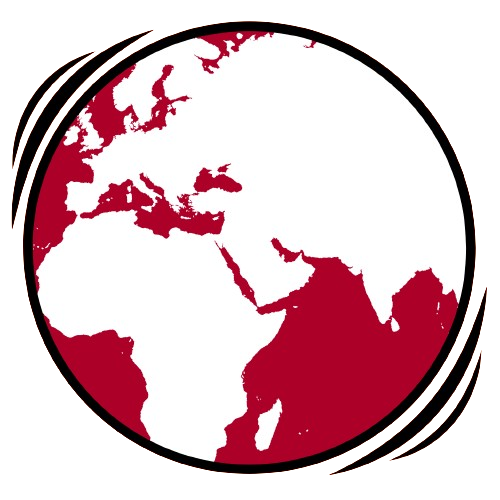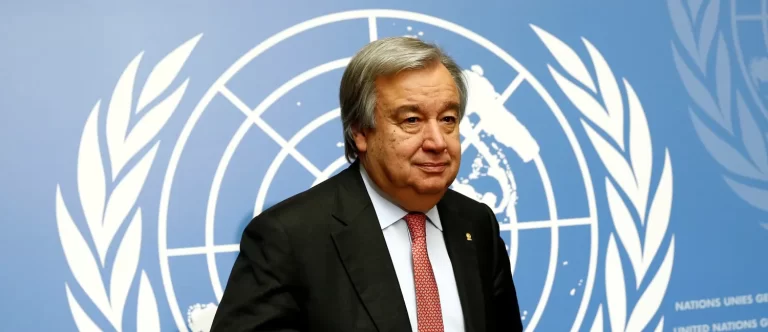UN Secretary-General Antonio Guterres on Friday called for warring parties in Gaza to lay down their arms so that humanitarian workers can safely vaccinate more than half a million children against polio.
“I am appealing to all parties to provide concrete assurances right away guaranteeing humanitarian pauses for the campaign,” he said, speaking to reporters at UN Headquarters in New York.
“Let’s be clear: The ultimate vaccine for polio is peace and an immediate humanitarian ceasefire. But in any case, a Polio Pause is a must.”
The UN chief described Gaza as being in “a humanitarian freefall” because “just when it seems the situation could not get worse for Palestinians in Gaza, the suffering grows – and the world watches.”
Poliovirus was recently detected in sewage samples in two locations, Khan Younis and Deir Al-Balah, meaning that the disease – which can cause paralysis – is circulating in the enclave and putting thousands of children at risk.
“Polio does not care about dividing lines – and polio does not wait,” he said.
Starting at the end of the month, the UN is set to launch a two-phase campaign to vaccinate more than 640,000 children in Gaza under the age of 10.
The World Health Organization (WHO) has already approved the release of 1.6 million doses of the polio vaccine and the UN Children’s Fund (UNICEF) is coordinating delivery efforts and the cold chain equipment needed for storage.
Meanwhile, medical teams from the UN Palestine refugee agency, UNRWA – the largest primary healthcare provider in Gaza – are ready to administer the vaccines and assist with logistics.
Guterres outlined the grave challenges these efforts face.
He said Gaza’s health, water and sanitation systems “have been decimated”, most hospitals and primary care facilities are not functional, and people are constantly forced to run to seek safety.
Furthermore, routine immunizations have been severely disrupted due to the conflict, thus increasing the spread of measles, hepatitis A and other preventable diseases.
“We know how an effective polio vaccination campaign must be administered,” he said.
“Given the wholesale devastation in Gaza, at least 95 per cent vaccination coverage will be needed during each round of the two-round campaign to prevent polio’s spread and reduce its emergence.”
The campaign will involve 708 teams at hospitals and primary healthcare centres, he said, again noting that many are barely functioning, and 316 community outreach teams throughout Gaza.
It requires effective transport routes for the vaccines and cold chain equipment, the entry of polio experts into Gaza and fuel so that health teams can carry out their work.
Reliable internet and phone services for communications outreach, and an increase in the amount of cash allowed into Gaza to pay health workers, are also needed.
“Above all, a successful polio vaccination campaign needs safety,” the UN chief said.
“Safety for health workers to do their jobs. Safety for children and families to get to the health facilities. And safety for those health facilities to be protected from bombardment.”

